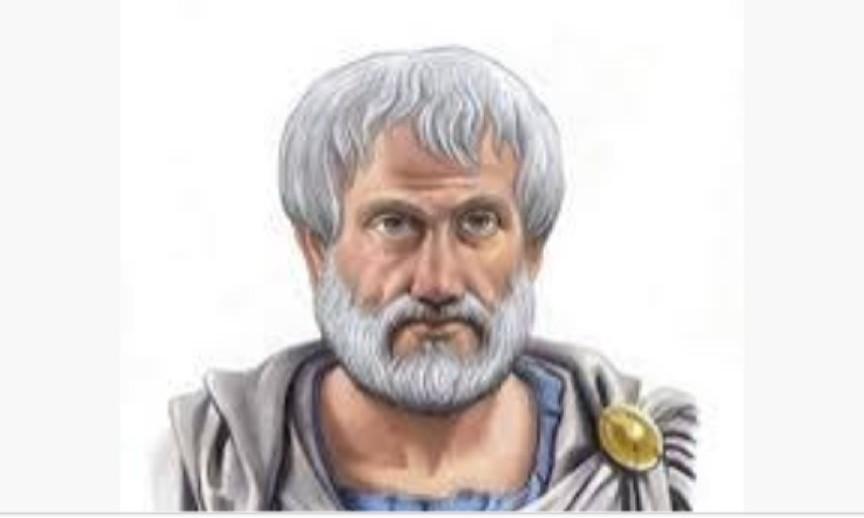Introduction:
Aristotle, the ancient Greek philosopher and polymath, stands as a towering figure in the history of natural philosophy and scientific inquiry. Often hailed as the “father of zoology,” Aristotle’s profound observations, meticulous classifications, and insightful analyses laid the groundwork for the systematic study of the animal kingdom. In this extensive exploration, we delve into Aristotle’s life, his pioneering contributions to zoology, his methodologies, and the enduring impact of his work on the understanding of the natural world.
I. Aristotle’s Life and Background:
A. Birth and Education:
- Date and Place: Aristotle was born in 384 BCE in Stagira, a Greek colony in Macedonia.
- Tutorship under Plato: At the age of 17, Aristotle became a student at Plato’s Academy in Athens, where he studied for nearly two decades.
B. Relationship with Alexander the Great:
- Tutor to the Future King: Aristotle served as the tutor to a young Alexander, later known as Alexander the Great.
- Influence on Alexander: Aristotle’s teachings influenced Alexander’s interest in the natural world, fostering a curiosity that had a lasting impact.
C. The Lyceum:
- Founder: After Plato’s death, Aristotle founded the Lyceum in Athens, an institution where he conducted extensive studies and research.
- Scholarly Legacy: The Lyceum became a center for philosophical and scientific inquiry, contributing significantly to the intellectual landscape of ancient Greece.
II. Aristotle’s Approach to Zoology:
A. Empirical Observations:
- Fieldwork: Aristotle engaged in extensive fieldwork, observing and cataloging various species of animals.
- Comparative Anatomy: He dissected animals, comparing anatomical structures across species to identify similarities and differences.
B. Classification and Taxonomy:
- Hierarchical System: Aristotle introduced a hierarchical system for classifying living organisms, grouping them based on shared characteristics.
- Scala Naturae: Aristotle’s “Great Chain of Being” depicted a ladder of life, where organisms were arranged from the simplest to the most complex.
III. Contributions to Zoology:
A. “Historia Animalium” (The History of Animals):
- Pioneering Work: Aristotle’s seminal work, “Historia Animalium,” is a comprehensive compilation of his observations on the anatomy, behavior, and classification of animals.
- Systematic Approach: The book encompasses various volumes, each dedicated to specific aspects of zoology, showcasing Aristotle’s systematic approach.
B. Biological Diversity:
- Species Descriptions: Aristotle documented detailed descriptions of diverse species, categorizing them into distinct groups.
- Organismal Characteristics: He highlighted the distinctive features of animals, including their habits, reproductive methods, and physiological functions.
C. Comparative Anatomy:
- Homology and Analogy: Aristotle distinguished between homologous structures (similar in origin) and analogous structures (similar in function) among different species.
- Influential Concepts: His insights into comparative anatomy laid the foundation for understanding evolutionary relationships and adaptations.
IV. Legacy and Enduring Influence:
A. Aristotle’s Influence on Medieval Thought:
- Scholasticism: Aristotle’s works became foundational texts in medieval scholasticism, shaping the intellectual discourse of the time.
- Integration with Theology: Scholars such as Thomas Aquinas integrated Aristotle’s philosophy into Christian theology, blending reason and faith.
B. Renaissance Rediscovery:
- Manuscript Translations: During the Renaissance, Aristotle’s works were translated from Greek into Latin, leading to a resurgence of interest in classical knowledge.
- Scientific Revolution: Aristotle’s ideas influenced early modern scientists, even as they began to challenge certain aspects of his theories during the Scientific Revolution.
C. Modern Zoology:
- Linnaean System: While Carl Linnaeus later developed a more structured system of taxonomy, Aristotle’s contributions laid the groundwork for the classification of living organisms.
- Evolutionary Biology: Concepts introduced by Aristotle, such as the Scala Naturae, influenced early ideas about evolutionary relationships among species.
V. Criticisms and Evolving Perspectives:
A. Limitations of Aristotelian Biology:
- Essentialism: Aristotle’s view of fixed, unchanging species faced criticism with the rise of evolutionary biology and the concept of species change over time.
- Lack of Experimentation: Aristotle’s reliance on observational rather than experimental methods limited the depth of his biological insights.
B. Evolving Zoological Thought:
- Darwinian Revolution: Charles Darwin’s theory of evolution challenged aspects of Aristotle’s ideas, particularly in relation to the dynamic nature of species.
- Molecular Biology: Advances in molecular biology provided a deeper understanding of genetic relationships, surpassing the descriptive approach of Aristotle’s time.
VI. Conclusion:
Aristotle’s profound contributions to zoology have left an indelible mark on the history of scientific inquiry. As the father of zoology, his meticulous observations, classifications, and systematic approach laid the groundwork for the study of the natural world. While some aspects of Aristotle’s biology have been surpassed by modern methodologies and discoveries, his enduring legacy is evident in the evolution of zoological thought and the ongoing quest to unravel the mysteries of the animal kingdom. Aristotle’s impact resonates not only through the pages of ancient texts but also in the very fabric of contemporary biological understanding, reminding us that the pursuit of knowledge is an ongoing journey with foundations rooted in the wisdom of the past.
